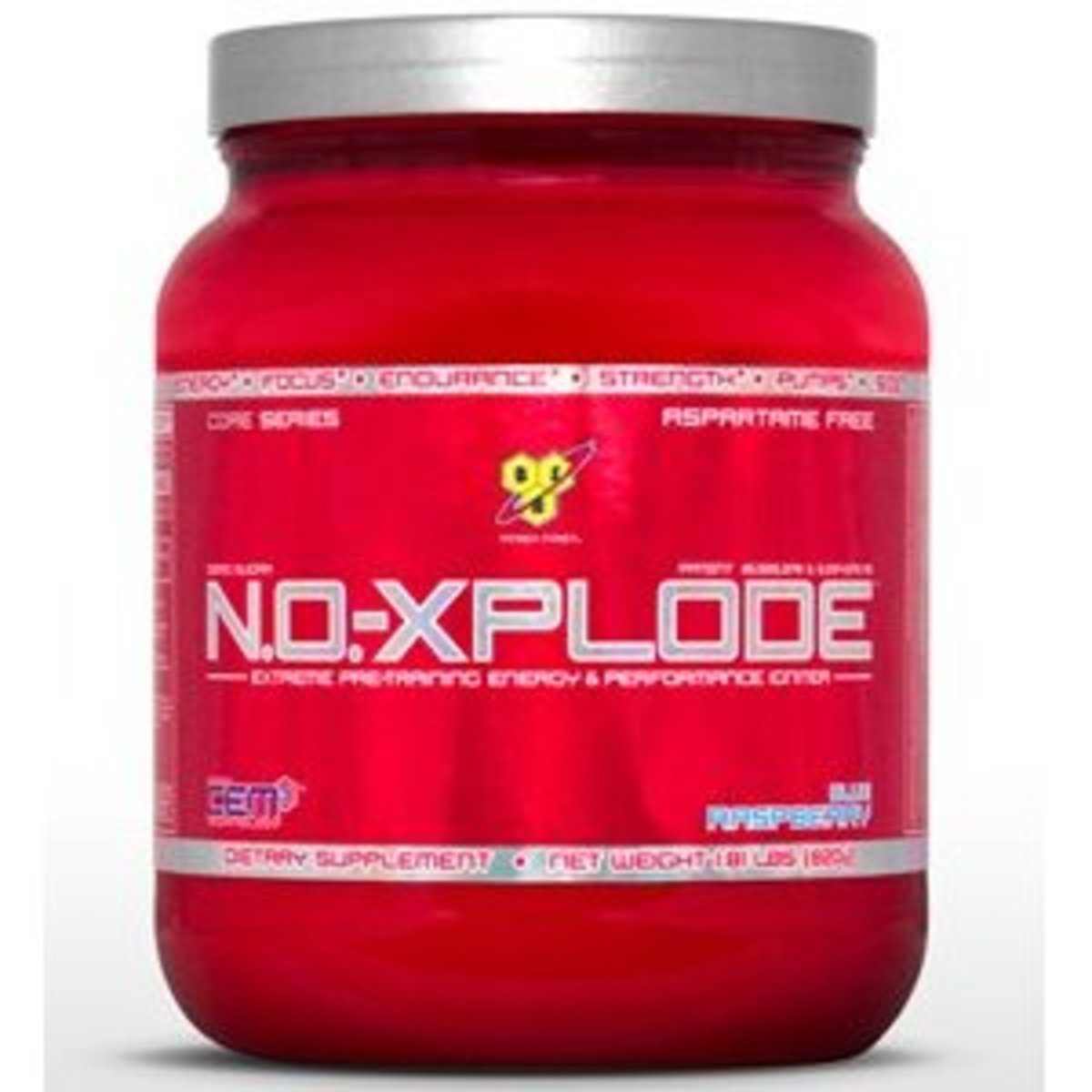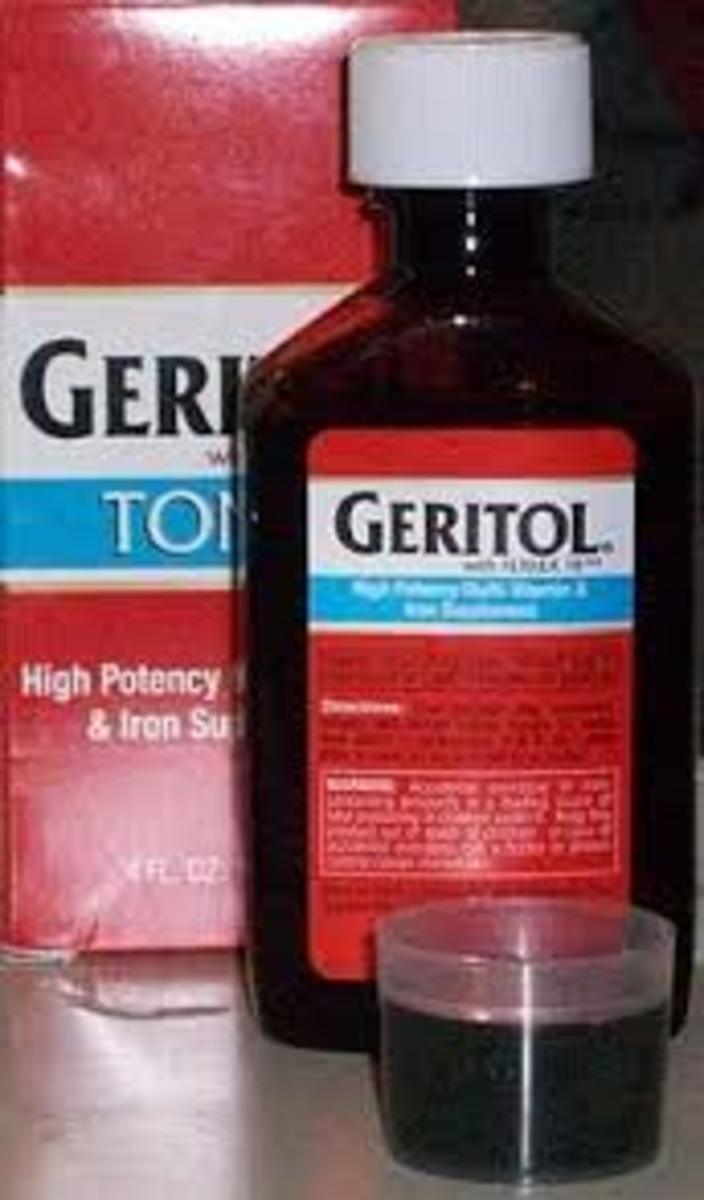vitamin label claims
There is a bewildering amount of information and products out there.
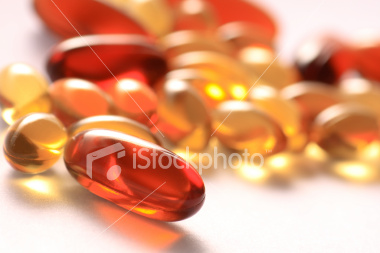
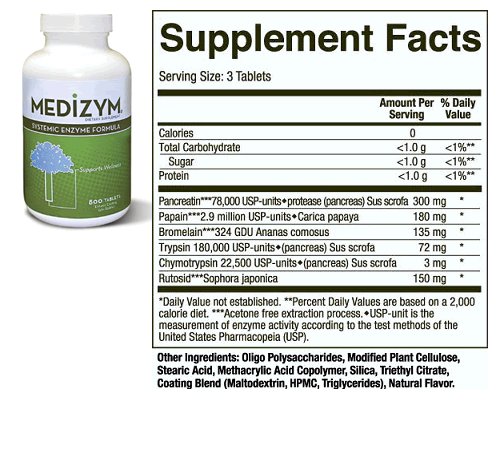
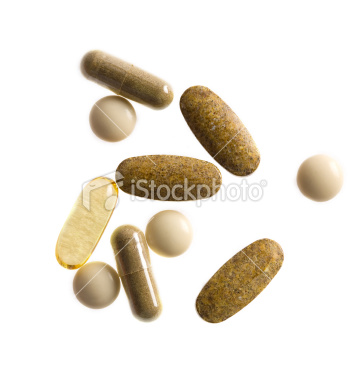




The truth about vitamin label claims
When the bottom line is more important than contributing real nutrition, then there is a strong likelihood that one will never obtain the vitamins and minerals they need from many of the off the shelf vitamin suppliers. The truth of the matter is that the supplement industry is extremely competitive and as a result profits are low. In an atmosphere such as this, corners have to be cut to be more competitive. That means that the customer is the one that is paying for what they think is a good source of vitamins when in fact it is not. Further, the truth of this matter is driven home when people come down with nutrition based disease even when they have been taking supplements. Many supplements are made "off shore" where regulations are far less stringent than they are here in America or Europe. Detailed labeling by the manufacturer is often not required, especially by products "made in the US or Canada", even if subsidized or contracted "off shore". So we often don't know exactly what the source is or the exact dose. As a result there is not only the risk of poor nutrition, but of vitamin poisoning from overdosing. There is often fillers that are contained in supplements such a sugar and binding agents. Sugar and binding agents are not likely to be listed on the label.
And then there is deceptive advertising! Although the dose and contents may be up to what the label states, the type of pill may be of such a quality that the body may not be able to digest and absorb it. The result in this case is that the vitamins and minerals pass right trough the body without being absorbed. This can be cumulatively disastrous as one thinks they are maintaining their overall health nutritionally speaking when in fact they are not. The result is a nutritional deficient disease or even a few diseases all at once. Some companies have addressed the "hard pill" question by manufacturing gel caps, liquid supplements and melt in the mouth pills. Of all of these, the gel caps are likely the best. Why? Liquid supplements can spoil so one does not know what the quality of them is unless there is a "best before" date on the product. This is not always required in various locations. Melt in the mouth varieties are often targeted to children and may contain a lot of sugar filler, which of course is disastrous to anyone with diabetes. Gel caps contain many spectrum nutrients without the added sugar and if stored properly, tend to last longer then liquid supplements. Many gel caps also contain the omega nutrients which are vital to health. Liquid supplements and melt in the mouth types may not have them, as omega nutrients often come primarily from fish and secondarily from flax. Omega nutrients are "fishy" tasting and may be objectionable in sweetened vitamin supplements.
Among advertising cult are found of buzz words such as "anti-oxidant", "chelated amino acids", "recommended dosage" and so forth. Sometimes outrageous claims, like therapies that can cure angina or arthritis are made that prompt warnings from the medical profession. Although vitamin and mineral therapy can work in many conditions, they are not a cure all. Many vitamins are anti-oxidant on their own like Vitamin C, E and Beta-carotene. But these vitamins can be found in foods such as citrus fruit, nuts, leafy greens and orange colored vegetables like peppers and carrots. These foods should be fresh where possible and uncut. It is best if you obtain them in the following priority where first listed is best and last is worst; wild, bio-diverse, organic, traditional, frozen and canned. Recommended doses are what is suggested by nutritionists and physicians and are what should be included in the diet of those of us who live on fast and "convenience" foods while working long shifts and overtime. These foods are often devoid of nutrition, especially if deep fried or have sat around for a long time, waiting for you to purchase it like something out of a vending machine.
As there are hundreds of thousands of disease conditions out there, it is hard to know what is from a pathogen, a toxin, a disease organism or from lack of nutrition. It takes a disease specialist to weed out all the variables. Many conditions mimic other diseases, which it is difficult for the lay person to distinguish one from another. For instance, we learned early that a lack of vitamin C results in scurvy. Since that discovery, scurvy is virtually unknown in the developed world. Vitamin C helps in healing cell protection. There are a host of other diseases that are entirely preventable by taking proper nutrition. A lack of Vitamin A will result in skin problems and possible heart disease. Vitamin D, which can come from sunning at the beach, or eating a raw avocado, is good for bone formation. Vitamin E mops up free radicals in cells, which causes oxidation, resulting in that tired, and run-down feeling. So vitamin E protects cells and energizes you at the cellular level. Vitamin B6 strengthens nerves allowing for quick nerve response and clear thinking. Vitamin B12 is essential for blood building and women require it more than men. Folic acid is essential for healthy cell formation, a healthy heart. Women require it during pregnancy to prevent birth defects. Niacin is essential for energy at the cellular level. There are a host of other nutrients as well, which you would do well to research.
Minerals like calcium, magnesium, potassium, iron, manganese, zinc, selenium, copper and other trace elements are essential. Many vitamin supplements may not even have these as part of their matrix. This is why checking labels is important. We all need these too. Calcium as we know, or should know is essential for teeth and bones, and growing children require not only maintenance quantities, but more due to growth. Iron is essential for hemoglobin, the molecule in red blood that collects oxygen for metabolism. Women require more iron then men. Magnesium and potassium are required by muscles for proper function. Manganese, zinc, copper and selenium are good for the eyes, especially as we age. Calcium has been traditionally obtained from milk, but the comfrey plant also contains plenty of it. Potassium can be found in bananas. Iron is found in chocolate, but one should use the unsweetened variety for the best source. Trace minerals and elements can be obtained from seaweed like kelp, dulse and blue green algae.
The advertising and labeling may also state that the contents represent a full spectrum of vitamins and minerals, but the real truth is that this is seldom the case. The body is complex beyond the understanding of most of us. We still do not fully understand the total chemistry and requirements to maintain optimal health let alone most diseases. As of vitamins and compliments, not all physicians are equal in understanding. You may need to see a nutrition specialist for various questions.






